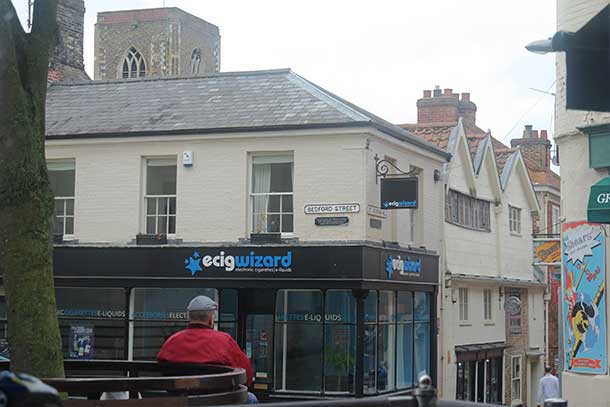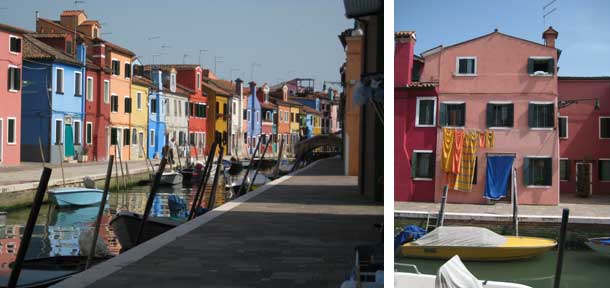You might expect that, now I am at leisure and living beyond the end of that line, I’d have had lots more opportunities to write, and would be producing blog posts by the dozen – but in fact it’s not been until now that I felt one coming on. It’s partly the need to reorientate my perspective on everyday life, while at the same time getting to grips with all the jobs around the house and garden that have been neglected until now. And of course I don’t any longer have that strangely stimulating combination of movement, crowding and solitude which, as I mentioned a couple of posts ago, daily train travel provides. So far I’m actually finding less time to read, rather than more – a matter I shall have to put right.
But, behind it all, I do feel some sort of altered perception quietly forming itself. I’m finding a quiet pleasure in repetitive, mentally undemanding tasks – maybe many of us need more of this sort of offline activity in which to make some sort of space to stretch our mental limbs. However for now, I’d just like to revisit my first week of retirement, which was something in the nature of a holiday. We did a little bit of gentle travelling which gave me plenty of opportunity to just look, in the spirit of innocence that I wrote about last time. And so here are a few highlights, revisited with the help of some photos and not too much commentary.
The middle of the week saw us in Sussex, up on the South Downs. I hope this picture, taken in the high clump of trees known as Chanctonbury Ring, gives a feel of the day:
 And a few days after this rare rural idyll, we were in a city – Norwich, which I often visit for family reasons. Like all cities which have a long and rich history but are still thriving, there are piquant juxtapositions of old, young (and perhaps middle aged) wherever you look. Here’s one I happened to record:
And a few days after this rare rural idyll, we were in a city – Norwich, which I often visit for family reasons. Like all cities which have a long and rich history but are still thriving, there are piquant juxtapositions of old, young (and perhaps middle aged) wherever you look. Here’s one I happened to record:
 Or there is just the old – sun on the cloisters at Norwich Cathedral:
Or there is just the old – sun on the cloisters at Norwich Cathedral:
 And in the cathedral itself, there’s an evocative artwork by the Brazilian sculptor Ana Maria Pacheco:
And in the cathedral itself, there’s an evocative artwork by the Brazilian sculptor Ana Maria Pacheco:
 We are told it’s based on a scene from Virgil’s Aenead – Aeneas carrying his father from the ruins of Troy. I found it quite compelling – it’s the size of the faces, and the way their expressions are rendered, that commands your attention. The style seems like a blend of contemporary and medieval, giving a sense of the timelessness of the emotions depicted; and the cathedral setting adds to this. It put me in mind of some of the topics I’ve thought of writing about here: current attitudes to religion, and how humans and their ways of thinking can change (and also how they don’t change) across time.
We are told it’s based on a scene from Virgil’s Aenead – Aeneas carrying his father from the ruins of Troy. I found it quite compelling – it’s the size of the faces, and the way their expressions are rendered, that commands your attention. The style seems like a blend of contemporary and medieval, giving a sense of the timelessness of the emotions depicted; and the cathedral setting adds to this. It put me in mind of some of the topics I’ve thought of writing about here: current attitudes to religion, and how humans and their ways of thinking can change (and also how they don’t change) across time.
More about the artwork here while the exhibition is on.






